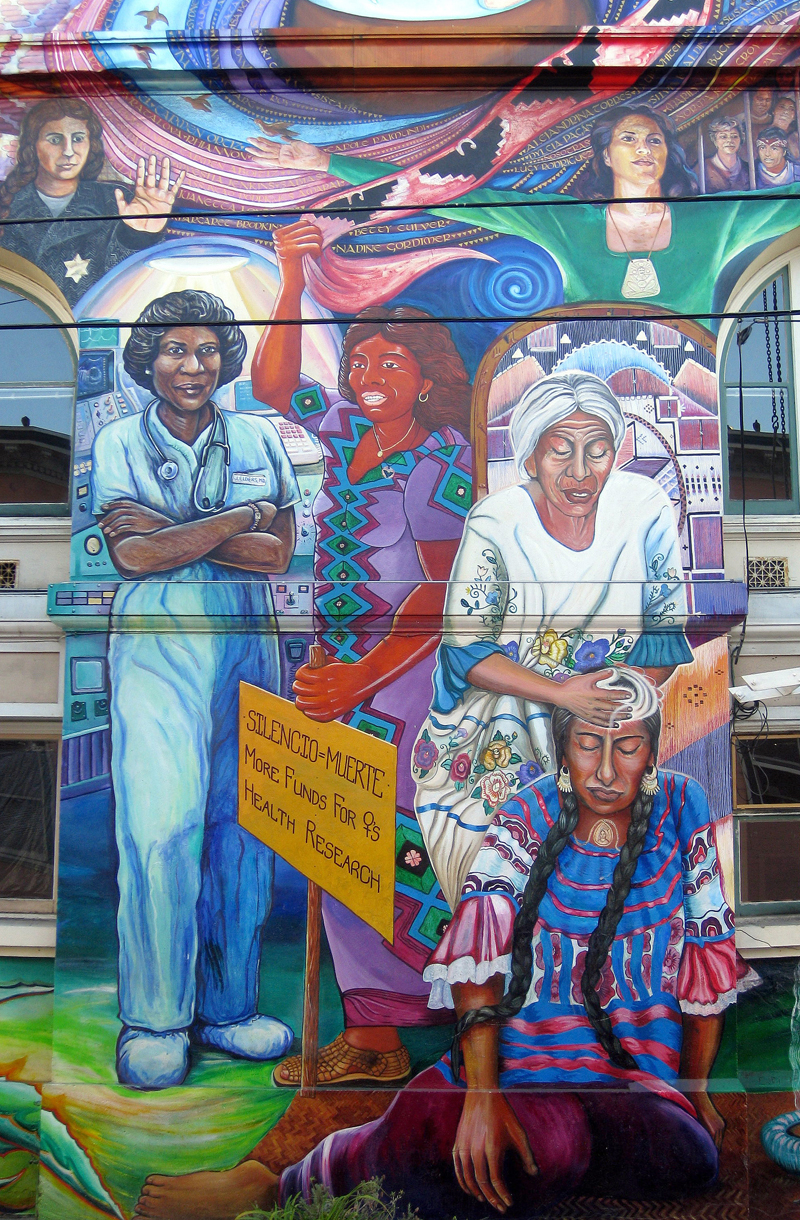 January 26, 2025
January 26, 2025
Third Sunday after the Epiphany
“Finding Purpose”
Good news to the poor,
Release to captives,
Healing for the sick,
Freedom for the oppressed,
The year of the Lord’s favour.
Those are the goals that Jesus claims for his ministry, in this week’s reading from Luke.
After his baptism by John, after his forty days in the wilderness, Jesus comes back to his hometown synagogue to kick off the beginning of the rest of his life. This is when he lets everyone he grew up with know that he’s not going to keep his dad’s carpentry business going any more. He has bigger fish to fry now. He’s going to focus on those five goals instead.
And they’re pretty self explanatory. Succinct. To the point. The only one that might need a bit of explanation (at least to us!) is the last one – but for Jewish people that’s as familiar and easy to understand as the others. The “year of the Lord’s favour” is a reference to the Jewish tradition that every 50 years, all debts would be forgiven and all land transfers would be undone. Every plot of land would go back to the family that originally owned it. Nobody knows whether that tradition was ever followed to the letter, but it grows out of a belief that every child of Israel has equal standing before God, and should be an equal beneficiary of God’s grace. The differences of status or wealth are accidents that shouldn’t be allowed to persist for ever.
Can you imagine structuring society around an ideal like that? Capitalists would be up in arms!
Twenty-five years ago, at the turn of the millennium, there was a movement spearheaded by churches around the world, to encourage wealthy countries to cancel the debts of impoverished countries; revoke all the repayment terms of the development loans they’d been making throughout the 20th century; turn those loans into un-repayable gifts. They used this tradition of a “year of the Lord’s favour” as the Biblical basis of their call for forgiveness.
The movement didn’t have a significant impact on the national debt of poor countries. Oddly enough, wealthy countries like getting repaid with interest … it means that their development “aid” actually makes them money.
But it’s one thing to imagine wealthy countries forgiving debts or freeing captives; quite another to imagine a 1st century peasant taking on a task like that. How could these sorts of goals possibly be achieved by someone in Jesus’ station of life? Or by those who followed him? Surely peasants in an occupied country are powerless to do those sorts of things, aren’t they?
Here in Canada in the 21st century we’re struggling with our own sense of powerlessness in the face of President Trump’s threats. How could people like us work away at Jesus’ sorts of goals? What power do we have to release prisoners or forgive debts? Is this really do-able, or just pie in the sky?
Join us on Sunday as we unpack this simple sounding set of goals, and ponder what it might mean to adopt them as our own.

 forest hill
forest hill